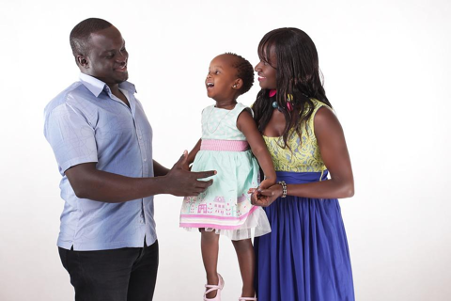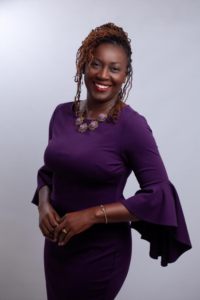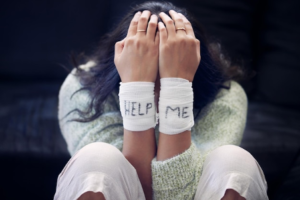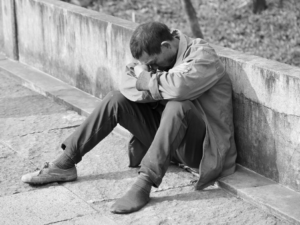Nadine WIlson Harris
Human rights expert and University of the West Indies lecturer, Felicia Dujon has expressed concerns about the implications the signing of the ACP-EU agreement by Caribbean countries will have on the rights of parents.
The 20-year legally binding agreement which is to be signed by June this year between the African, Caribbean and Pacific countries and the European Union has raised several red flags. The varying concerns were discussed during a recent press conference attended by several church leaders and representatives from a number of para-church groups in Jamaica and the wider Caribbean.
Dujon who is from St Lucia, but lectures at UWI, Cave Hill in Barbados, noted that there are sections in the controversial agreement that will affect parents and children, in particular minors. Based on article 48 of the Caribbean protocol for example, governments are expected to provide access to comprehensive sexuality education (CSE).CSE has been used to sexualise and groom children to accept as normal and equal all sexual behaviours.
“I think it is important that countries take note of what is happening and whether those agreements will contradict or in anyway violate their own constitution,” said the human rights advocate.
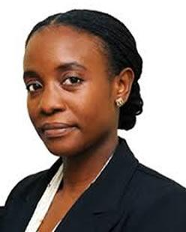
“The average citizen of the Caribbean countries do not know what these agreements are and I think it is very important that we make persons become aware of what is happening, so that they too can act and advocate on behalf of their families[and] on behalf of their children as well,” she said.
Efforts to introduce CSE in Jamaica received pushback from parents in 2012 after the content in the Health and Family Life Education (HFLE) curriculum came to the attention of the public. The curriculum was eventually pulled from the school system.
In October 2022, outraged parents in Barbados threatened lawsuits after their children were fielded “inappropriate” and “disturbing” questions in a survey at school without their consent. The survey was administered by the Inter-American Development Bank (IDB) as a pre-test on Computer Science for students in their first year of high school. Students were quizzed on their sexuality, gender identity, substance use and abuse as well as personal information about their parents.
The Ministry of Education had objected to the questions being placed in the survey prior to it being administered, but the IDB had disregarded the request to take them out. Parents only found out about the disturbing questions after their traumatized children relayed the content of the survey to them.
“What has happened in Barbados and other Caribbean islands where those kind of sexual surveys have been given to minors without parental consent I think is very important,” said Dujon.
“I think Jamaica is looking to change the constitution and have a new constitution; will parental rights be included in that constitution, which is similar to what we are doing in Barbados?” she asked.
The Jamaican government has recently appointed a 15 member Constitutional Reform Committee (CRC) which is responsible for guiding the process towards the country transitioning from a constitutional Monarchy to a Republic.
Pastor Michael McAnuff-Jones wondered if some of the terms under the ACP-EU Treaty would not breach some of the articles in the United Nations Convention on the Rights of the Child which Jamaica ratified in May 1991.
“It seems to me that if we were to honour the spirit of this particular agreement, we would be in breach of articles, 5, 14 and 34 of the United Nations Declaration of the Rights of a Child,” said the pastor of the Christian Life Fellowship.
Article five for example says that the signatories should respect the responsibilities, rights and duties of parents or, where applicable, the members of the extended family or community to provide, in a manner consistent with the evolving capacities of the child, appropriate direction and guidance in the exercise by the child of the rights recognized in the Convention.
Advocacy officer at the Jamaica Coalition for a Healthy Society, Philippa Davies noted that it is not clear whether the ACP-EU Treaty conflicts with the Convention of the Rights of the Child because the term used are vague. A term such as sexual and reproductive health and rights generally includes abortion in international circles, but this is not stated in the Agreement.
“What is important to know is that under our legal system, after Jamaica signs an international agreement, it has to then be brought to parliament to be accepted into local law, and so then the test comes as to whether it is going to conflict with our local laws and constitution,” she said.
“Having signed it, there is then going to be the pressure and the expectation that Jamaica is going to implement it into national law, which is why we can’t wait for it to be signed and then have it tested locally, we need to make sure that our interests are clearly stated and represented in the agreement at this negotiating state,” she added.

